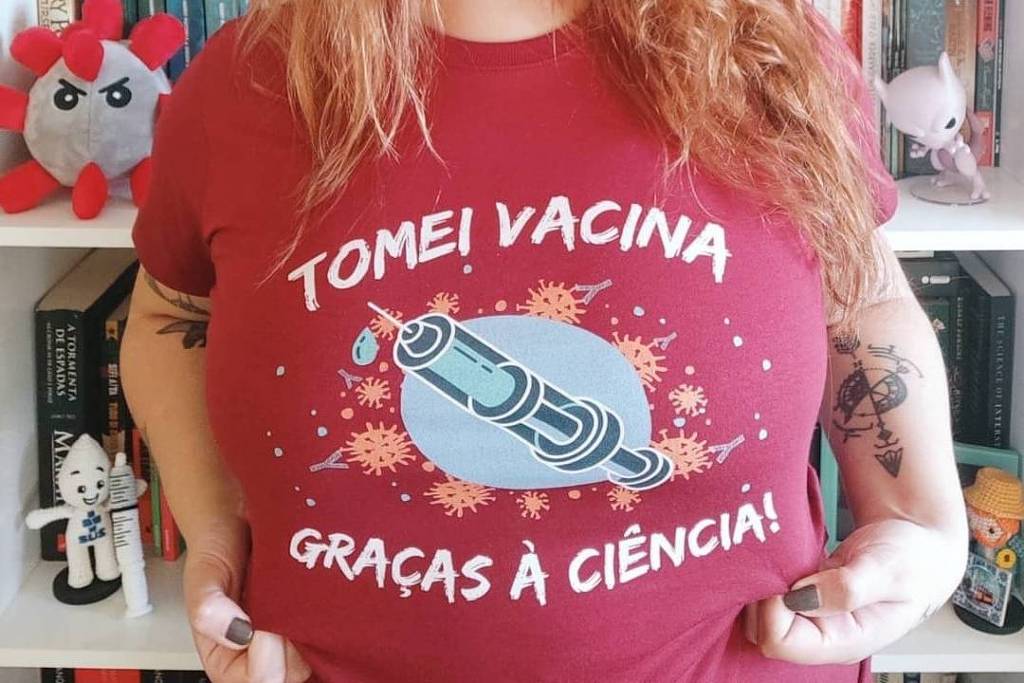The Covid-19 pandemic has increased the number of Brazilians who value SUS (Unified Health System), science, public universities and university hospitals.
According to recent research by Sou_Science . Study Center (Society, University and Science), before the arrival of the coronavirus, 40% of Brazilians gave too much importance to SUS. Now, that number has risen to 62%.
At the same time, the proportion of those who give too little or too little importance to the unified health system decreased from 14% to 9%.
The study confirms the perception of managers and health professionals, who were already pointing to the rediscovery of SUS.
Sou_Ciência, a study center based at Unifesp (Federal University of São Paulo), interviewed 1,268 people, respecting demographic reductions based on the 2018 Pnad (National Household Sample Survey) and 2010 census, both from IBGE (Brazilian Institute of Geography and Statistics) ).
The survey, conducted in partnership with the Idea Big Data Institute, also showed an appreciation for science, whose importance was very high at 47% before the pandemic, and has now risen to 70%.
The proportion of those giving low or very low importance to science decreased from 12% to 5%.
Appreciation of science occurs even among those who consider Jair Bolsonaro’s government to be excellent or good (there is no party), even though the president has made numerous demonstrations of his disapproval of the scientific method.
According to Pedro Fiori Arantes, Professor of Art History at Unifesp and one of the coordinators of Sou_Ciência, the next step in the research is to better understand this phenomenon, which he calls cross-profiles. He says, “The adherents of Jipinarians are in favor of science and the public university, and on the other hand, we have critics of the government who are not in favor of science and the university.”
For Arantes, a possible initial explanation for the cross-profiles would be the fact that the president’s supporters have higher incomes and education than the population average.
The researchers also collected data related to vaccination against Covid-19. Of the total responses, only 5.5% said they had never taken a dose nor intended to do so. The result is similar to the Datafolha survey, which showed record adherence to vaccines.
The role of public universities and university hospitals was another focus of research. In this case, the proportion of those who attach too much importance increased from 42% to 59%.
Sou_Ciência also questioned respondents about the increase in the number of federal universities and institutes in the country. Just over half (52%) said they support resuming expansion of free public higher education and increasing this type of investment. A minority (8%) advocated privatizing universities and/or charging tuition fees, as well as curtailing investment in the sector.
For Soraya Smiley, former dean of Unifesp and one of the coordinators of Sou_Ciência, increasing trust in SUS, public universities and the Brazilian sciences is interconnected. According to her, in Brazil there are 40 university hospitals that form a critical service network during the epidemic and have had a significant impact on people’s view of public health.
“Our universities have played an essential role in promoting health, conducting diagnostic tests, producing clinical research for new treatments, as well as obtaining vaccines against Covid-19,” he says.
The policy of racial quotas was another point addressed by the research. Slightly less than half of the respondents (44%) said they support the continuation of this general policy, while 19% advocate its abolition.
Another point that researchers investigated is the methods used when respondents seek reliable information about the epidemic, prevention, treatment, and vaccines. Open television (44%), social media (39%), and magazines and newspapers (35%) were the most questioned with many possible answers.
Pedro Fiore Arantes states that this data shows that even with social networks, traditional media is still seen as the safest and most reliable for a large part of the population.
Official communications from the federal government (27%) and from state and municipal agencies (31%) seem a little behind. Bolsonaro’s official statements were cited as reliable sources of information by 9% of respondents.
Research institutes and universities websites were nominated by 32%.
“This information is promising, in the sense that residents are willing to listen and seek information in universities, but there is a huge disparity [no acesso a esses canais] between people with high income and education and those with low income and lower education,” says Arantes, who sees the great challenge of the Brazilian flag in making it accessible to a larger segment of the population.
“It is important that universities and scholars have established channels that are widely known, widely disseminated and recognized,” says Arantes.



![[VÍDEO] Elton John’s final show in the UK has the crowd moving](https://www.lodivalleynews.com/wp-content/uploads/2023/06/Elton-John-1-690x600.jpg)


More Stories
The Director of Ibict receives the Coordinator of CESU-PI – Brazilian Institute for Information in Science and Technology
A doctor who spreads fake news about breast cancer is registered with the CRM of Minas
The program offers scholarships to women in the field of science and technology